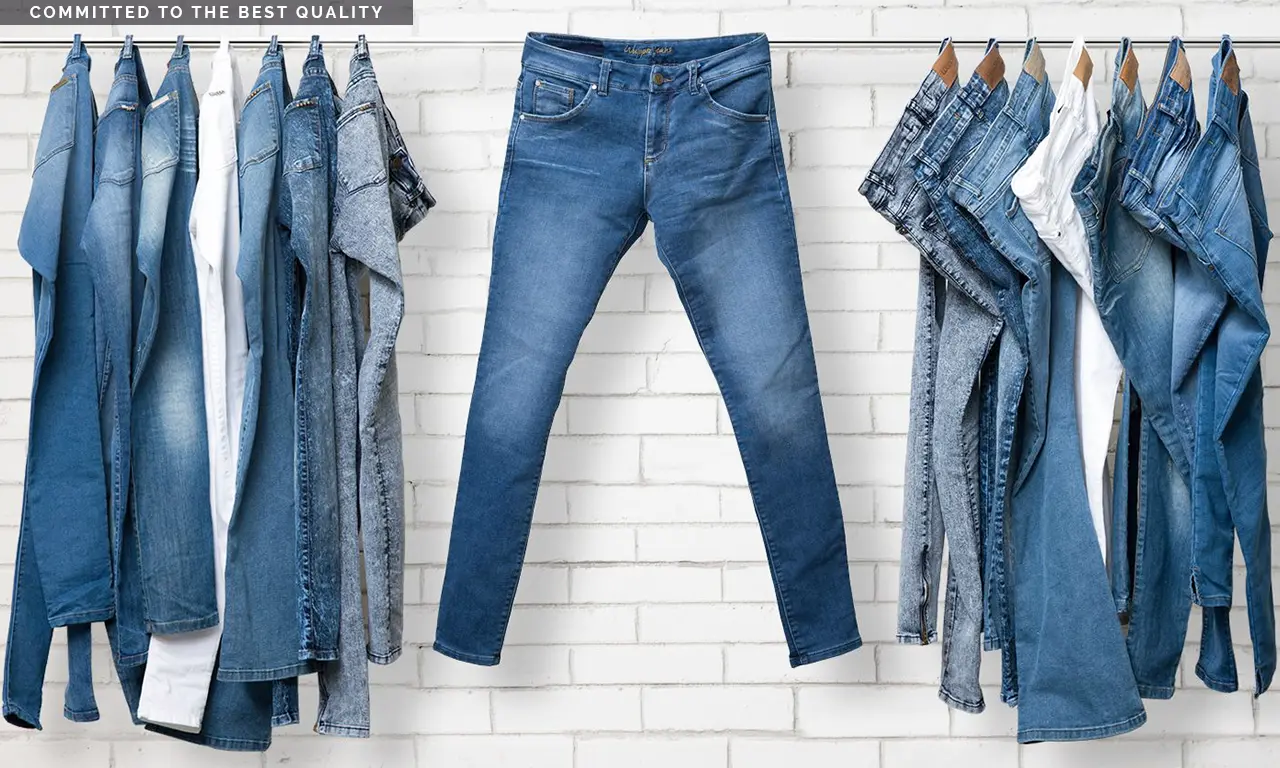
The denim fabric is a versatile and durable fabric that has become a fashion staple globally. Bangladesh has become one of the leading countries in exporting denim products worldwide. Creating employments for Bangladeshi graduates/literates and also for the illiterate population, contributing towards the betterment of the country.
The denim sector in Bangladesh started to gain traction in the early 1990s, when international brand started to outsource their production. To keep up with global rivals in the textile industry as a whole, Bangladeshi denim manufacturer had to always keep the arrival of the latest technology and sustainability issues in mind. The flourishing demand of denim has made Bangladesh one of the biggest exporters of denim in the world. The country has signed several trade agreements with other countries, of which one is the GSP (Generalized system of preferences) with the EU and USA, giving exporters preferential access to these vital markets. As per the report of BGMEA, the country exported around $3.12 billion worth of denim products in the 2019-20 fiscal year. One of the biggest reasons behind the growth of the sector is the fact of the low labor cost and somewhat manufacture friendly local government policies.
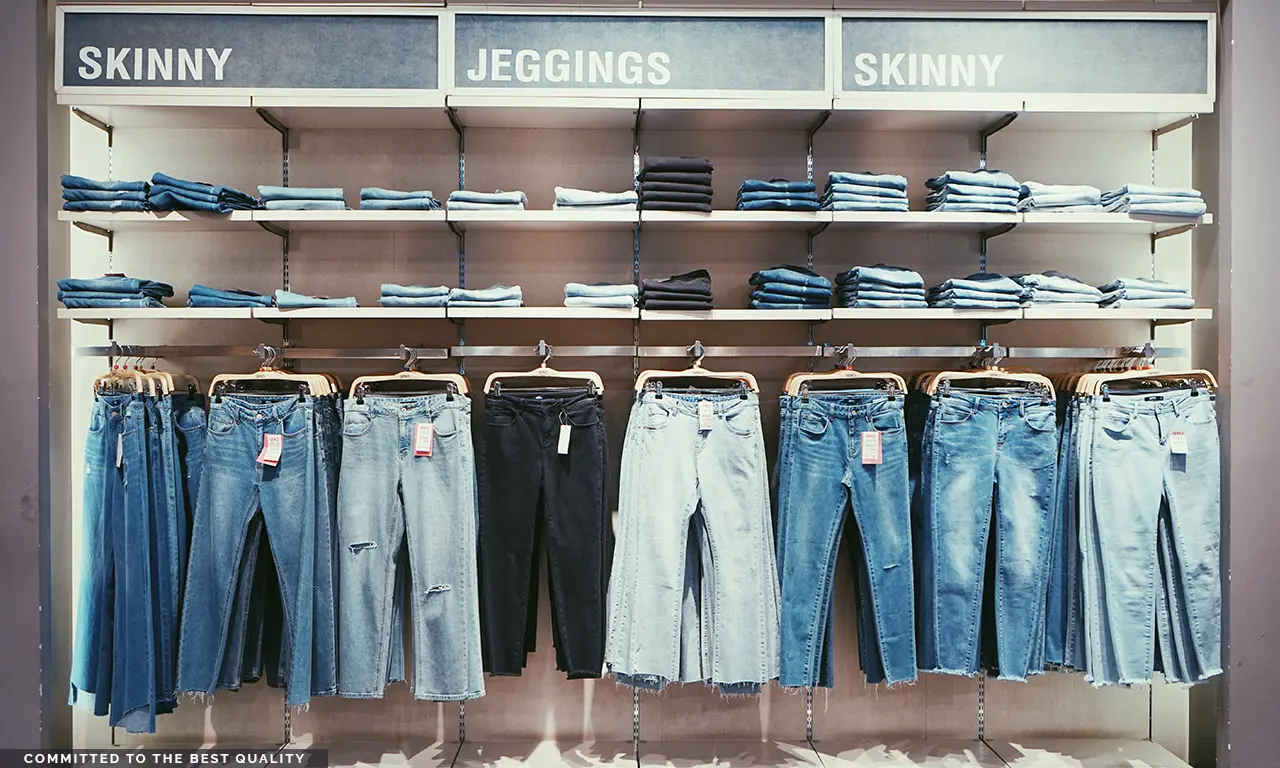
The apparel denim industry in Bangladesh has undergone significant growth and development from 2010 to 2023. During this period, the industry has experienced substantial expansion in production capacity, export volumes, and investments in infrastructure. Here's an overview of the key developments in the apparel denim industry in Bangladesh over this timeframe:
- Low labor costs: Bangladesh has some of the lowest labor costs in the world, which makes it an attractive destination for denim manufacturing.
- Government support: The government of Bangladesh has been supportive of the denim sector, providing financial incentives and other assistance to denim manufacturers.
- Access to raw materials: Bangladesh has access to a wide range of raw materials that are used in denim manufacturing, including cotton, indigo, and chemicals.
- Production and Manufacturing: Bangladesh has a well-established denim manufacturing sector with a vertical integrated production system. The country has a large number of denim fabric mills, garment factories, and washing units. Manufacturers produce a wide range of denim products, including jeans, jackets, shirts, skirts, and shorts.
- Competitive Advantages: The apparel denim industry in Bangladesh benefits from several competitive advantages. The availability of low-cost labor is one of the primary factors that attract international buyers. Additionally, Bangladesh has a large pool of skilled workers who are familiar with denim manufacturing techniques and processes.
- Growth and Expansion: The denim industry in Bangladesh witnessed remarkable growth from 2010 to 2023. The country's apparel sector as a whole experienced a surge in manufacturing capacity, with many new factories and production units being established. The denim sector played a crucial role in this expansion, contributing to increased employment opportunities and export revenues.
- Investments in Infrastructure: Bangladesh focused on developing specialized industrial parks and infrastructure dedicated to the denim industry. These industrial parks provided a conducive environment for denim manufacturers, offering modern facilities, efficient supply chains, and supportive services. The government's initiatives aimed to attract foreign investments and promote the growth of the denim sector.
- Technological Advancements: Over the years, Bangladesh's denim industry embraced technological advancements to enhance production efficiency and product quality. Manufacturers invested in modern machinery and equipment to improve denim manufacturing processes, including weaving, dyeing, finishing, and garment construction. Automation and digitalization were increasingly adopted to streamline operations and meet international standards.
- Sustainable Practices: From 2010 to 2023, sustainability became a growing concern for the denim industry worldwide, including Bangladesh. Manufacturers in Bangladesh made efforts to adopt more sustainable practices in denim production. This included the use of eco-friendly materials, implementing water and energy-saving technologies, and promoting social and environmental compliance throughout the supply chain.
- Export Performance: Bangladesh emerged as a major player in denim exports during this period. The country significantly increased its denim apparel exports to various international markets, including the United States, European Union, Canada, and other Asian countries. The favorable trade agreements, such as the Generalized System of Preferences (GSP), provided preferential access to these markets and further boosted the export performance of the industry.
- Challenges and Improvements: The apparel denim industry in Bangladesh faced several challenges during this period. These included issues related to worker safety, compliance with labor standards, and addressing environmental concerns. Efforts were made to improve factory conditions, enhance worker welfare, and promote responsible sourcing and production practices. Bangladesh's denim industry underwent audits, certifications, and collaborations with international organizations to address these challenges and improve overall industry standards.
- Future Outlook: The apparel denim industry in Bangladesh is expected to continue its growth trajectory in the coming years. The government's focus on infrastructure development, skill enhancement, and sustainability initiatives will further strengthen the industry's competitiveness. Investments in research and development, innovation, and product diversification are likely to drive the industry's growth and allow Bangladesh to maintain its position as a leading exporter of denim apparel.
The trends and developments mentioned above provide a general overview of the apparel denim industry in Bangladesh during this timeframe.
The denim sector in Bangladesh faces some challenges, including:
- Competition from other countries: Bangladesh faces competition from other countries, such as China and Vietnam, which are also major producers of denim garments.
- Quality concerns: Bangladesh has a reputation for producing low-quality denim garments. However, the government and the denim industry are working to improve the quality of Bangladeshi denim products.
- Environmental concerns: The denim industry is a major polluter. The government and the denim industry are working to reduce the environmental impact of the denim sector.
Denim production is a highly water intensive process and produces a lot of waste water. International brands do not only care for the low production costs, they are also liable for the environmental footprint of their products and for that specific reason they are very much keen on factories maintaining proper water waste management systems and other regulatory policies. The Bangladesh government has strict policies in place to ensure that denim production has as little affect as possible to the environment, thus boosting foreign investors and importers confidence In the Bangladeshi denim industry.
Despite these challenges, the denim sector in Bangladesh is expected to continue to grow in the coming years. The sector has a number of strengths, including low labor costs, government support, access to raw materials, and a strong export market. The sector is also working to address its challenges, such as competition from other countries and quality concerns.
Leave a Reply
Your email address will not be published.

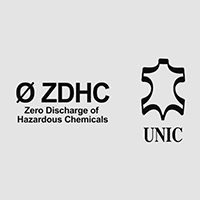







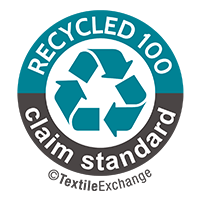








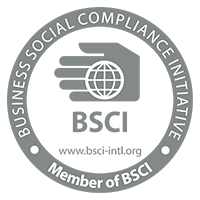



Comments
0 Comment